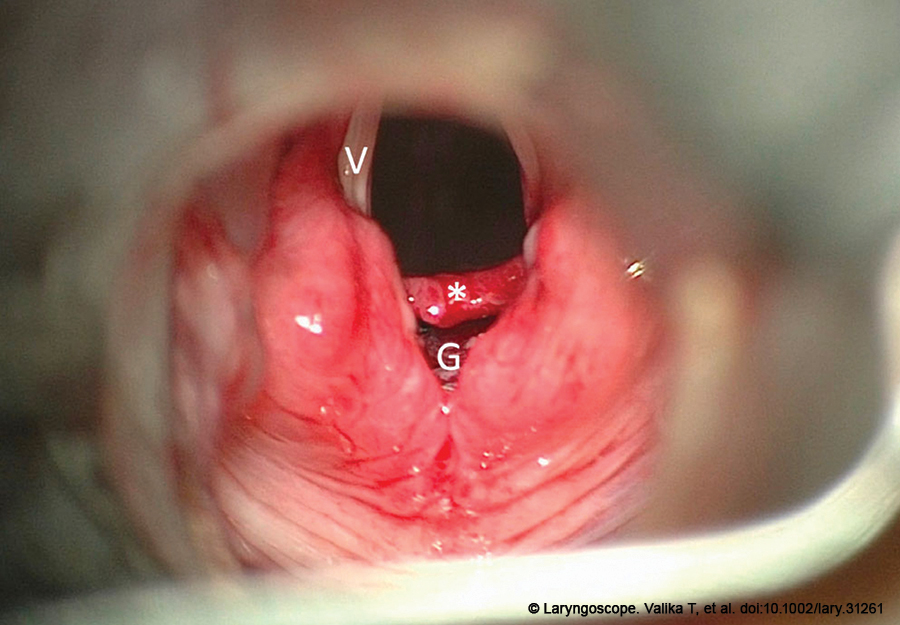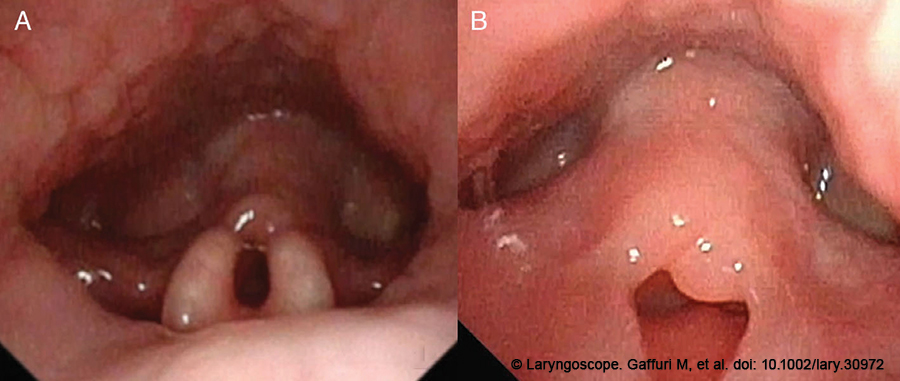The weight loss drug craze of the last couple of years brings important considerations for otolaryngologists, including how to manage gastric emptying before procedures for patients taking the medications and the possibility of the drugs being a new option for obstructive sleep apnea patients.








